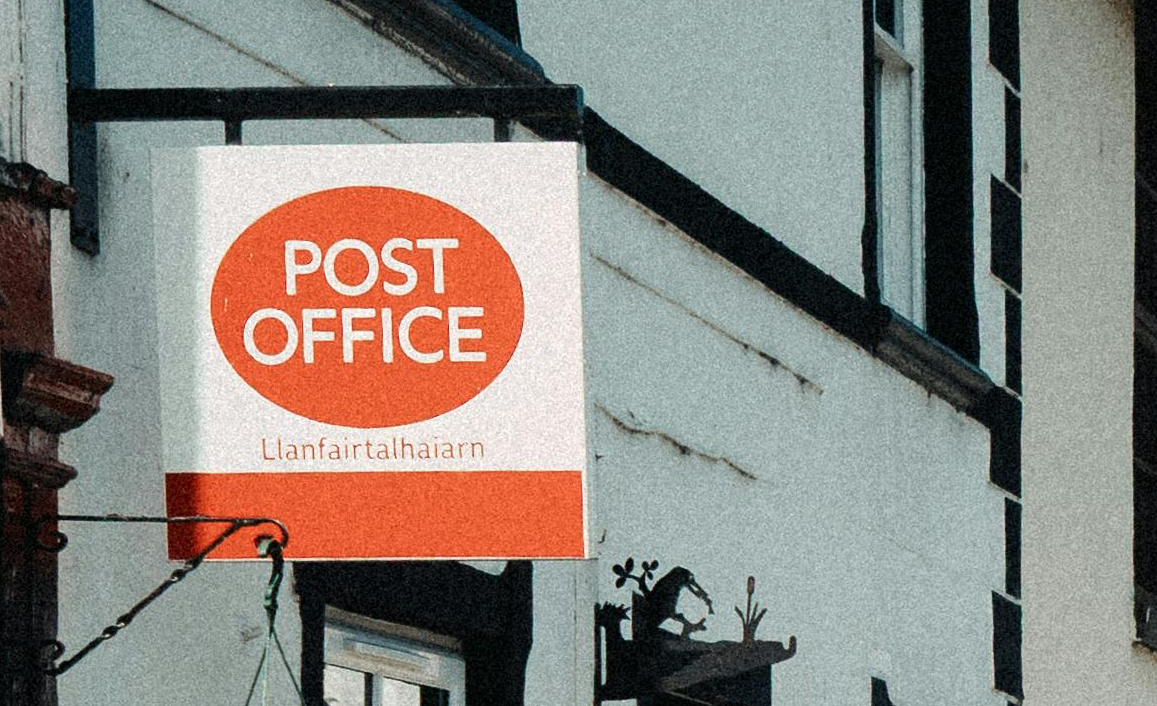Service gathering data on diseases and congenital anomalies has been moved over from the now-defunct Public Health England
Credit: US Public Health Image Library
NHS Digital has taken over the running of a national database dedicated to gathering information on patients being treated for cancer and other diseases.
The National Disease Registration Service (NDRS) was formerly managed by Public Health England – which was dissolved at the start of this month and, effectively, replaced by the UK Health Security Agency.
The service collates data on patients with cancer, congenital anomalies, and rare diseases. Data collection begins as soon “as soon as [patients] are being investigated” for a possible disease or condition. Unless patients opt out, data-gathering then continues for the rest of their life.
“We do this because we need to see if the disease comes back, or if there are any side effects from the treatment you receive,” the NDRS website said. “It is important we hold data for at least the lifetime of the patient so that we can spot long term trends and carry out research.”
Data provided to the service by NHS care providers includes information on diagnoses and treatments, as well as personal details: name; data of birth; gender; ethnicity; address; and NHS number.
Related content
- AI will save lives of 22,000 cancer patients a year, prime minister announces
- NHS data watchdog calls for ‘no surprises’ rule in use of patient info
- Policymakers must start asking difficult questions on the ethics of AI in healthcare
Anonymised data is routinely shared with the Office for National Statistics to support the publication of official data on cancer survival rates.
Clinicians, academic researchers, and charities can apply for access to the data, and requests “will continue to be subject to rigorous scrutiny”, with an aim to release “the minimum amount of data necessary for the approved purpose”, according to NHS Digital.
“The data we share with other organisations is usually de-personalised,” the NDRS site added.
The ultimate goal is for the data to be “used as a source of information and intelligence for patients, clinicians, public health and health-care professionals, researchers, and the commissioners of health services to drive improvements in healthcare”, according to NHS Digital.
As per data-protection laws, the health-service tech agency has now formally taken on the role as data controller for NDRS.
NHS Digital said that it is “working hard to ensure that the transition of services is as smooth as possible for NDRS customers and its staff” and that “there will be no change to how data is currently processed and handled, minimal changes to current processes, and all current communication channels will be maintained”.
Fran Woodward, executive director for data and analytics services, said: “We are delighted to welcome the National Disease Registration Service to our organisation. These colleagues bring deep technical and clinical expertise and share our passion for enabling high quality data to be used to improve health outcomes. We are excited to be able to work even more closely together to help improve services for patients and frontline staff.”
The Public Health England name was officially retired on Friday. The agency’s responsibilities have, in large part, been taken over by the newly created UKHSA, which also incorporates the operations of the NHS Test and Trace programme, and the Joint Biosecurity Centre – a body created by government last year to help guide pandemic response.



